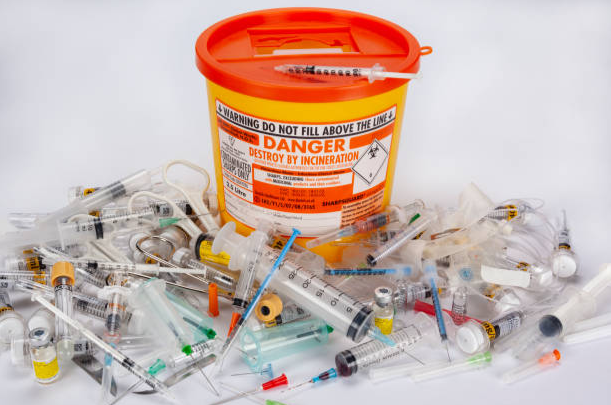
Proper disposal of medical sharps is a critical public health issue across the United States, and Maryland is no exception. With an increasing number of healthcare facilities, clinics, home care providers, and individuals using sharps daily, the importance of responsible sharps waste disposal in Maryland cannot be overstated. This process helps prevent injuries, environmental contamination, and the spread of infectious diseases. Let’s explore everything you need to know about sharps waste disposal in Maryland from regulations and best practices to the importance of professional disposal services. Whether you are a healthcare provider, a business owner, or a patient managing sharps at home, this guide will provide valuable insights into safe and compliant disposal options.
What Are Sharps and Why Is Proper Disposal Important?
Sharps refer to medical devices with sharp points or edges that can puncture or cut skin. These include needles, syringes, lancets, scalpels, and other similar instruments. Sharps pose a unique risk because they can carry bloodborne pathogens such as HIV, hepatitis B, and hepatitis C, potentially infecting anyone who comes into contact with them improperly.
Improper disposal of sharps can lead to:
- Accidental needle-stick injuries for waste handlers, sanitation workers, or the public
- Environmental pollution occurs when sharps enter landfills or water systems
- Legal liabilities for healthcare providers and organizations
This is why sharps waste disposal in Maryland follows strict regulations and guidelines to protect both public health and the environment.
Maryland Regulations Governing Sharps Waste Disposal
The State of Maryland has enacted specific laws governing the handling and disposal of sharps waste to ensure safety. These regulations align with federal guidelines but also include state-specific mandates. Key aspects include:
1. Classification of Sharps Waste
In Maryland, sharps are classified as regulated medical waste. This classification means they require special handling, segregation, and disposal processes to reduce hazards.
2. Use of Approved Sharps Containers
Sharps must be collected in rigid, puncture-resistant, leak-proof containers specifically designed for sharps disposal. These containers prevent accidental injury and leakage during storage and transport.
3. Labeling and Storage Requirements
Containers holding sharps waste must be clearly labeled with biohazard symbols and stored securely until disposal. This prevents unauthorized access and accidental exposure.
4. Proper Transport and Disposal
Licensed medical waste haulers must transport sharps waste to facilities permitted to treat or dispose of this type of waste. Common treatment methods include autoclaving, incineration, or encapsulation.
5. Home-Generated Sharps Waste
Maryland has programs and guidelines for safely disposing of sharps generated at home, such as insulin needles for diabetic patients. Many local health departments offer collection sites or mail-back programs to accommodate residential sharps users.
The Role of Medical Waste Service Providers in Maryland
Medical waste service companies specialize in the collection, transportation, treatment, and disposal of sharps and other regulated medical waste. Partnering with these licensed professionals is crucial for healthcare providers and businesses to maintain compliance and ensure safety.
These providers offer:
- On-site sharps waste container supply and replacement
- Scheduled pick-ups tailored to your waste volume
- Secure transport adhering to all regulatory standards
- Environmentally responsible treatment and final disposal
- Documentation and certificates of destruction for compliance audits
By outsourcing sharps waste management to experts, facilities can focus on patient care while ensuring regulatory compliance and safety.
How to Choose the Right Sharps Waste Disposal Service in Maryland
When selecting a provider for sharps waste disposal in Maryland, consider the following factors:
- Licensing and certifications confirming compliance with state and federal laws
- Range of services including container supply, pickup frequency, and disposal methods
- Reputation and experience working with healthcare facilities and home users
- Transparent pricing with no hidden fees
- Commitment to environmentally responsible disposal practices
A reliable medical waste service provider is a vital partner in your safety and compliance strategy.
Conclusion
Partnering with a trusted medical waste service provider can simplify your sharps waste management, giving you peace of mind while maintaining the highest standards of safety. Whether managing sharps in a clinical setting or at home, making responsible disposal choices is essential to protect your community’s health and well-being.
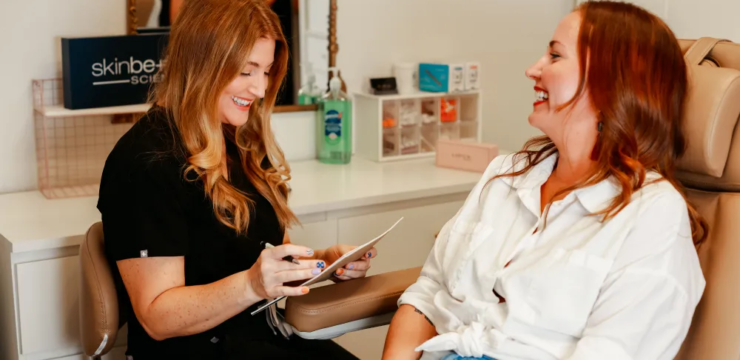

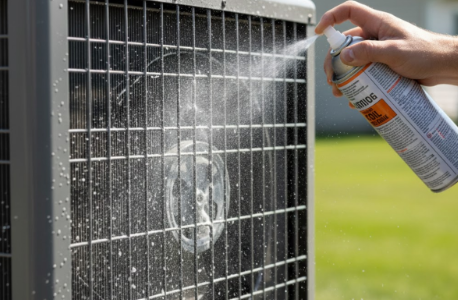
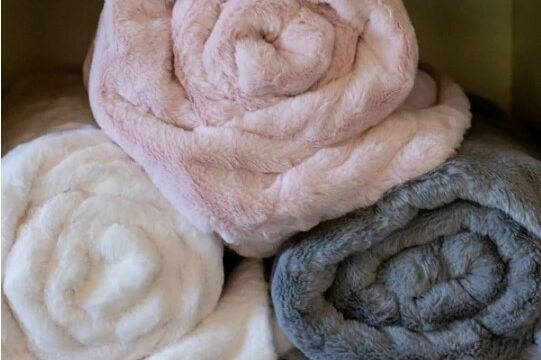
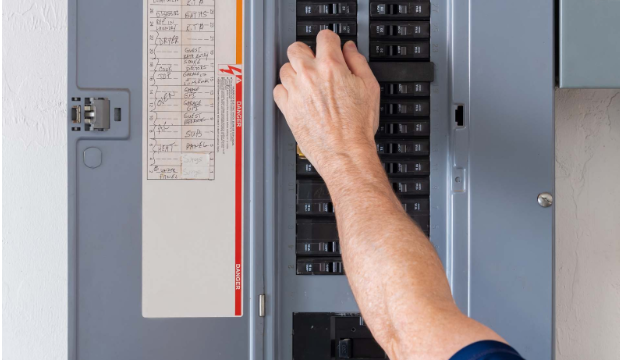

Most Commented Posts